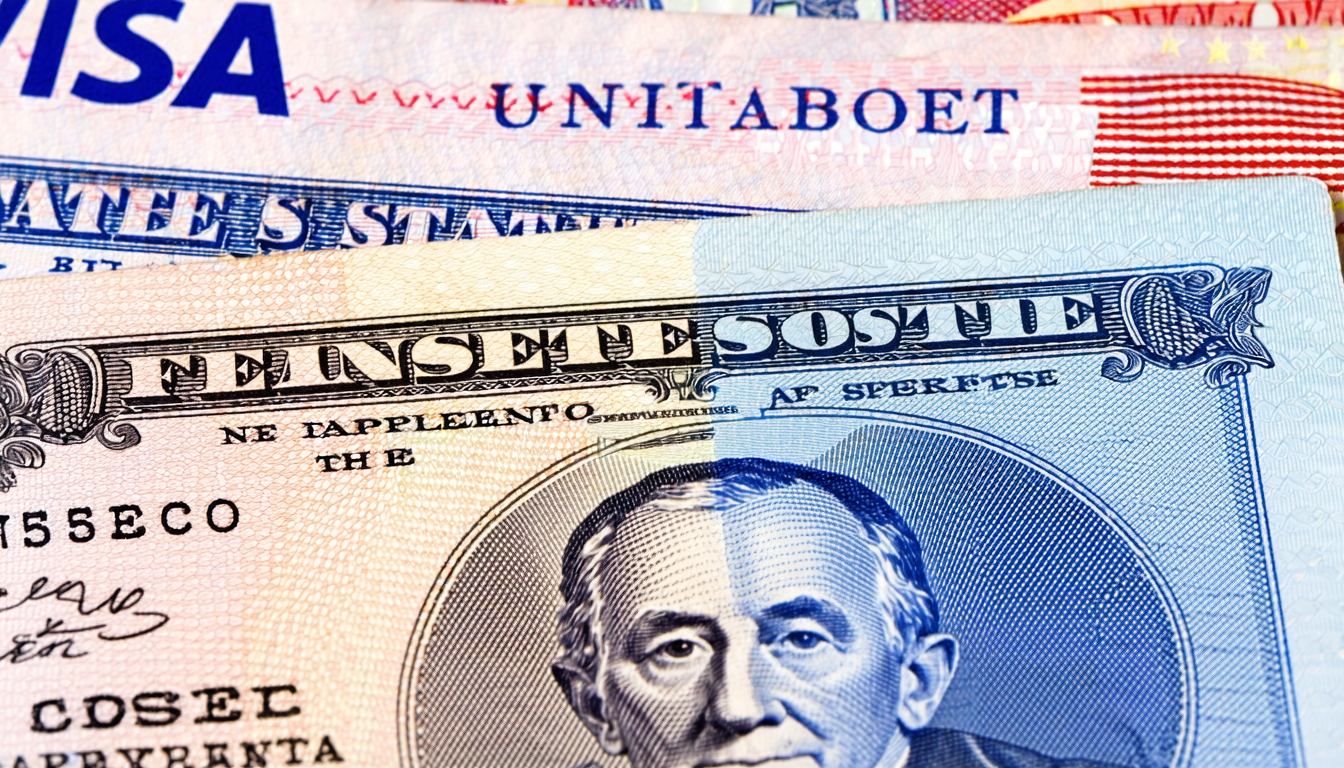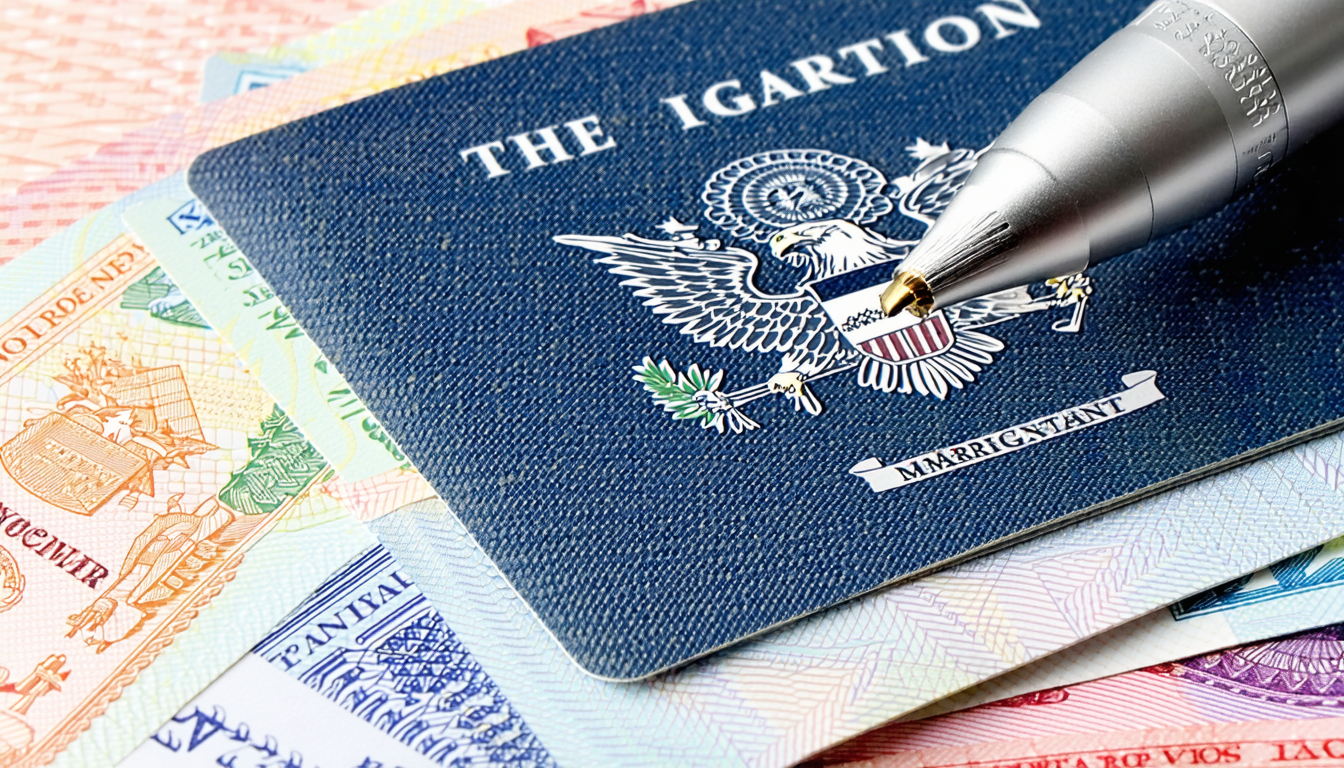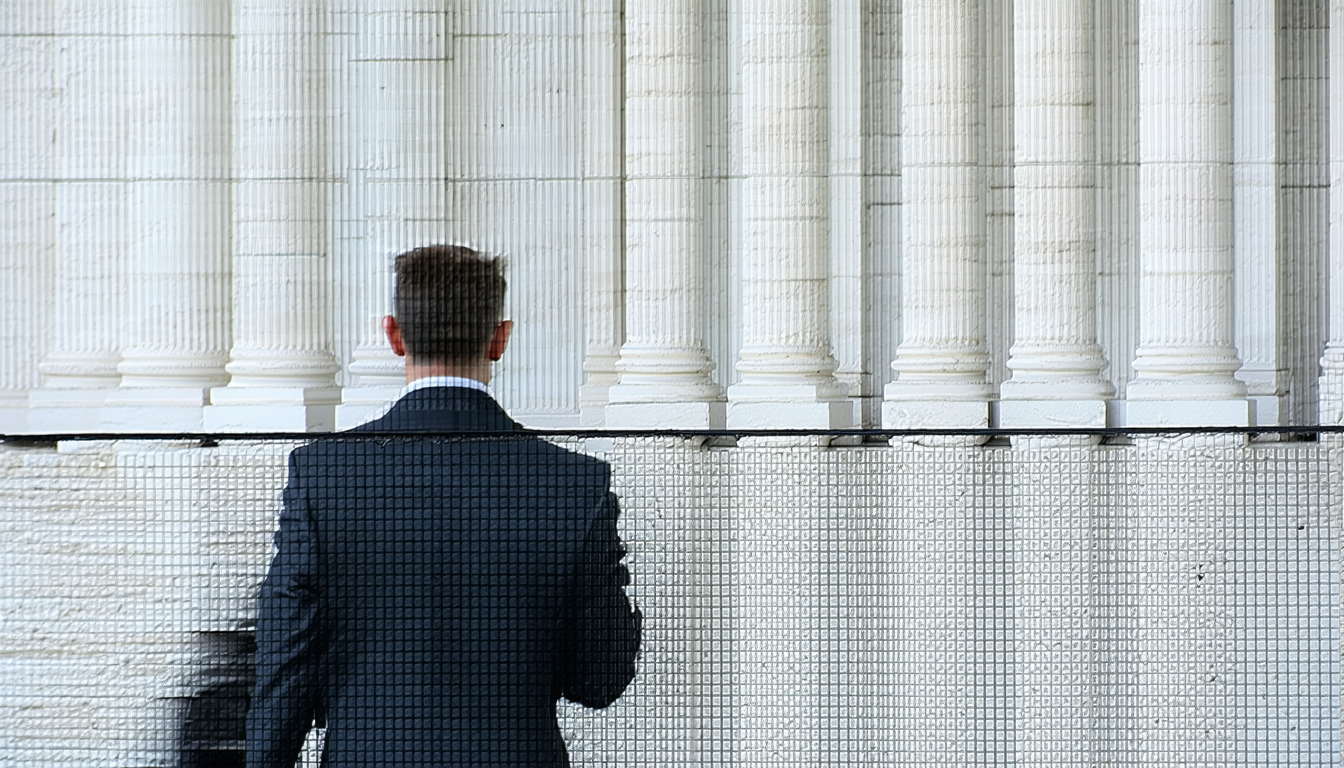In recent months, the visa application process in the United States has seen significant changes, impacting both individuals and businesses. These developments are part of broader efforts to streamline and secure immigration processes. As of now, applicants are experiencing longer wait times and stricter requirements, which have raised concerns among potential immigrants and employers alike. The changes aim to enhance national security while maintaining the country’s role as a global hub for talent and innovation.
Overview of Recent Changes
The U.S. government has introduced several key changes to the visa application process. These include enhanced background checks, stricter documentation requirements, and increased scrutiny of applicants’ social media profiles. According to immigration experts, these measures are designed to improve the vetting process and reduce potential security risks.
Enhanced Security Measures
Enhanced security measures are a major focus of the updated visa application process. Applicants are now subject to more rigorous background checks, which include reviewing their social media activity. This shift reflects a broader trend towards using digital data to assess potential security threats. “The use of social media in vetting is a significant development,” notes immigration attorney Jane Smith. “It underscores the importance of digital presence in modern immigration processes.”
Documentation Requirements
Documentation requirements have also become more stringent. Applicants must provide detailed financial records, employment verification, and proof of strong ties to their home country. These changes are intended to ensure that applicants are genuinely seeking temporary entry and have the means to support themselves during their stay in the U.S.
Impact on Stakeholders
The changes in the visa application process have significant implications for various stakeholders:
-
Applicants: Longer processing times and stricter requirements have increased the complexity and cost of applying for a U.S. visa. This has led to frustration among applicants who face uncertainty about their immigration status.
-
Employers: Businesses reliant on foreign talent are experiencing delays in hiring, which can impact project timelines and overall competitiveness. “The current visa environment poses challenges for companies seeking to attract top international talent,” says business analyst John Doe.
-
Economic Impact: The stricter visa policies may have broader economic implications, potentially affecting sectors like technology and healthcare that heavily rely on international workers.
Analysis and Conclusions
The evolving visa application process in the United States reflects a delicate balance between national security concerns and the need to attract global talent. While these changes aim to enhance security, they also pose challenges for applicants and employers. As the U.S. continues to navigate these complexities, it is crucial for policymakers to consider the long-term economic and social implications of these policies.
In conclusion, the recent developments in the U.S. visa application process highlight the ongoing efforts to modernize and secure immigration systems. As these changes continue to unfold, stakeholders will need to adapt to ensure that the U.S. remains a welcoming destination for international talent while maintaining its security standards.
Frequently Asked Questions (FAQs)
- What are the main changes in the U.S. visa application process?
-
The main changes include enhanced background checks, stricter documentation requirements, and increased scrutiny of social media profiles.
-
Why have these changes been implemented?
-
These changes aim to improve national security by enhancing the vetting process and reducing potential security risks.
-
How do these changes affect applicants?
-
Applicants face longer processing times and stricter requirements, increasing the complexity and cost of applying for a U.S. visa.
-
What is the impact on employers?
-
Employers experience delays in hiring, which can impact project timelines and overall competitiveness.
-
What are the potential economic implications?
- Stricter visa policies may affect sectors like technology and healthcare that rely heavily on international workers, potentially impacting economic growth.



